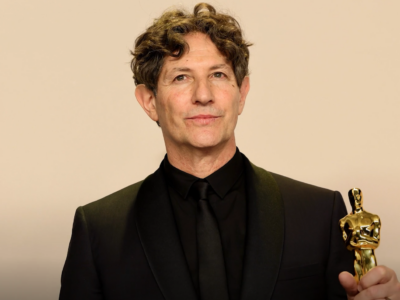Barack Obama has cancelled a trip to Australia for the second time this year, because of the oil spill crisis. Last time the reason was health care legislation. In his absence bloggers have been assessing his role and his performance as President. These are reflective pieces rather than partisan knee-jerks.
Craig McMurtrie, an Australian Broadcasting Corporation journalist in Washington, reflected on his visceral rather than cerebral role as leader:
There was some confusion initially over whether BP or the White House was in charge of emoting for Americans over the oil spill disaster, after all the oil company is legally the responsible party.
But it has to be the president, because BP chief Tony Hayward disqualified himself when he complained to reporters that he wanted his life back.
So Barack Obama is the Emoter-in-Chief. Only it isn't clear that he wants the job.
Gulf residents look to Emoter-in-Chief
Duckpond, a regular commentator on international affairs, laments that change is not real enough:
… there seems to me to be a frustration that the Federal Government has not taken the matter in hand leaving all the important decisions to the company that made the rash judgments about the safety of the project.
The post looks at Obama’s role in the oil crisis and the concern that he is not challenging the way Washington works as he promised before his election:
Obama compounded the problem by his prior commitment to off shore drilling – another slap in the face of many of his electoral support base. The problem, as I see it, is not so much gaming the system. but the failure to appreciate that systems must be changed from the outside, and cannot be changed from inside deals.
APPRAISING THE PRESIDENT
Dennis Altman, Professor of Politics at Melbourne’s La Trobe University, currently visiting the US, reflected on the domestic pressures on the presidency at Inside Story:
THAT President Obama has twice cancelled his visit to Indonesia and Australia reminds us that for any politician the home front is the most important, and this is particularly so in a mid-term election year.
Altman is not an optimist regarding foreign relations. He doubts whether Obama will achieve progress on human rights or the Middle East:
Obama is a classic realist, who is willing to compromise on principles to achieve limited goals.
… the wilful ignorance of the rest of the world in his country is a huge obstacle to developing a smarter foreign policy, one that recognises the centrality of issues such as climate change and food shortages to global security.
He sees some glimmer of hope:
Obama has, however, taken a major step by leading the way in developing a global response to uncontrolled nuclear proliferation.
Obama’s America
At Online Opinion, Brendan O’Connor also looked at Barack’s impact outside the United States. In particularly he saw a favourable response in Western Europe:
… undoubtedly Obama has made a significant number of people feel more positive about the US and its global role.
He found a different story in places like Russia, Pakistan and the Middle East:
in places where American power and militarism is felt, or relied upon, more intimately a new American president has mattered a lot less.
Has Obama changed the world in 18 months?
It was refreshing to read some posts about the US President without sarcasm, name-calling or cheering from the sidelines. Australia's beleaguered Prime Minister Kevin Rudd would probably like some of the same. Or at least a visit from his ‘friend’ Barack to take the blogosphere’s mind off internal politics.






